Speech TherapEase - Virtual Speech Therapy
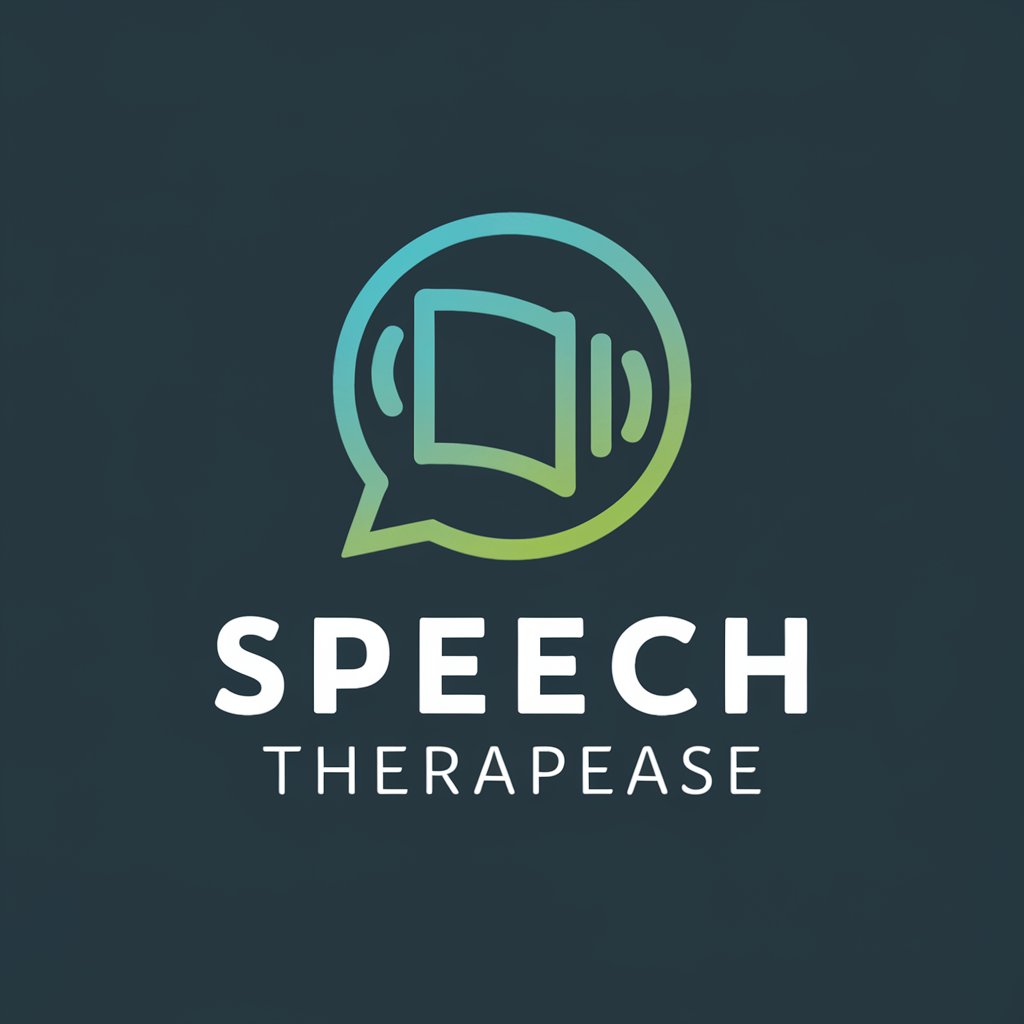
Welcome to Speech TherapEase, your virtual partner in speech therapy and SLP training!
Empowering Speech with AI
Describe a typical session with Speech TherapEase and how it supports speech therapy practice.
Explain the benefits of using a virtual assistant for speech therapy and SLP training.
Discuss how Speech TherapEase can supplement traditional therapy methods.
Provide examples of interactive scenarios that Speech TherapEase offers for skill enhancement.
Get Embed Code
Overview of Speech TherapEase
Speech TherapEase is a virtual assistant designed to support speech therapy practices and training for speech-language pathology (SLP) students and professionals. Its primary goal is to facilitate speech therapy sessions, offering structured exercises, interactive scenarios, and personalized feedback. This digital tool operates under the supervision of licensed SLPs, aiming to provide more frequent practice opportunities for patients and alleviate the workload of professionals. For example, a user might interact with Speech TherapEase to practice articulation exercises where the assistant provides real-time feedback on pronunciation and suggests techniques to improve speech clarity. Powered by ChatGPT-4o。

Core Functions of Speech TherapEase
Interactive Speech Exercises
Example
Users engage in targeted speech exercises designed to address specific speech disorders such as stuttering or lisping.
Scenario
A child with a lisp practices sibilant sounds ('s' and 'z') through games and reading exercises, receiving feedback on tongue placement and airflow.
SLP Training Simulations
Example
Provides scenarios that simulate common therapy sessions for SLP students, enhancing diagnostic and therapeutic skills.
Scenario
An SLP student uses a module to diagnose and plan treatment for a virtual patient exhibiting symptoms of aphasia, analyzing speech patterns and selecting appropriate interventions.
Progress Tracking and Feedback
Example
Keeps a log of user progress and provides detailed feedback to guide future therapy sessions.
Scenario
After several weeks of sessions, Speech TherapEase compiles a progress report highlighting areas of improvement and remaining challenges, helping the therapist adjust the treatment plan.
Target User Groups for Speech TherapEase
Individuals with Speech Disorders
This includes children and adults experiencing speech impairments due to developmental issues, neurological conditions, or injuries. They benefit from regular, structured practice and feedback that aids in improving communication abilities.
Speech-Language Pathology Students
Students training to become SLPs use the tool to practice diagnostic skills, learn various therapy techniques, and gain experience through simulated therapy sessions.
Professional Speech Therapists
Experienced therapists use Speech TherapEase to supplement traditional therapy methods, reduce their caseload by providing additional practice opportunities for their clients, and access a tool for remote therapy sessions.

How to Use Speech TherapEase
Step 1
Visit yeschat.ai to start using Speech TherapEase with a free trial, no login or ChatGPT Plus required.
Step 2
Choose your role as either a speech therapy client or a student/professional in speech-language pathology to access customized features.
Step 3
Navigate to the 'Sessions' section to start an interactive speech therapy session or practice scenario based on your selected role.
Step 4
Utilize the feedback and suggestions provided after each session to improve your skills and address specific speech challenges.
Step 5
Regularly engage with the platform to track your progress over time and adapt the difficulty of exercises as your proficiency increases.
Try other advanced and practical GPTs
Python Aiogram 3 Bot
Crafting Intelligent Telegram Interactions
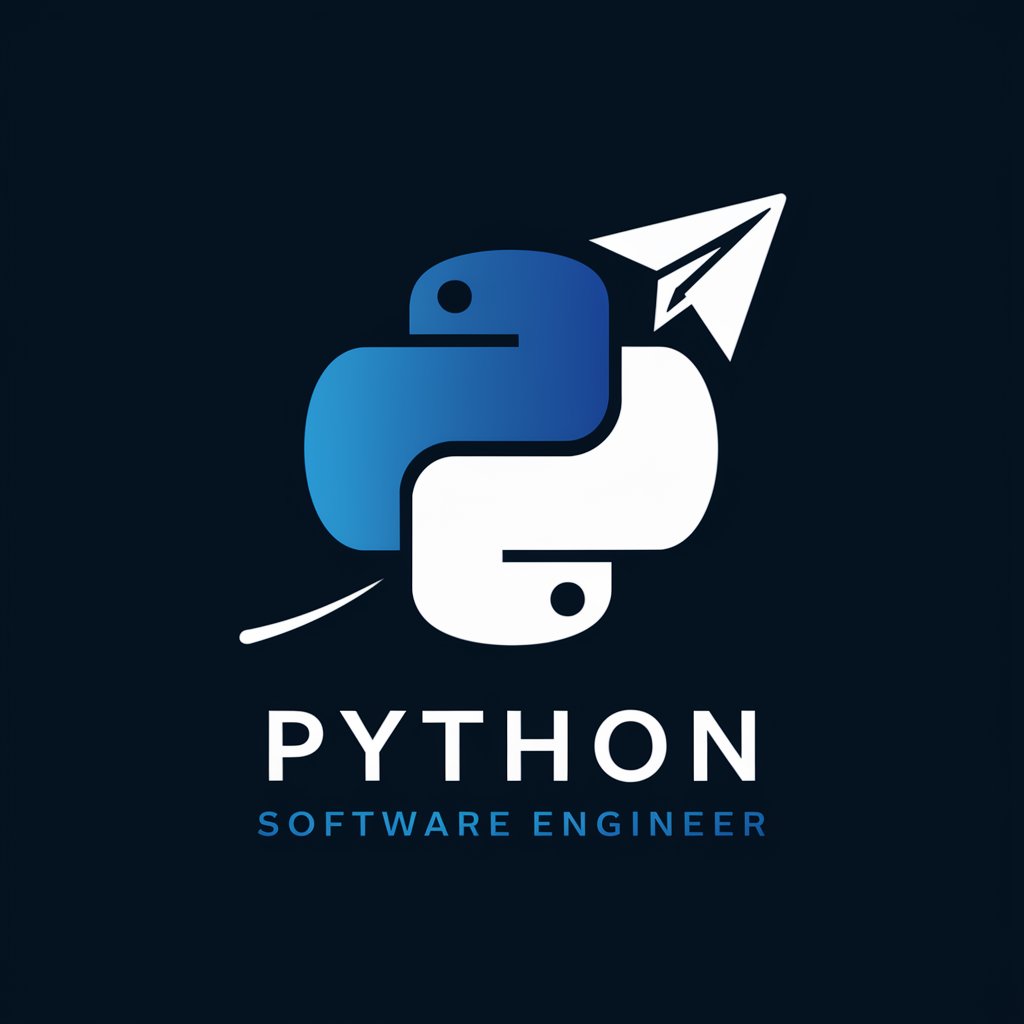
A Level Maths Tutor
AI-powered tutor for A-Level Maths success

家紋メーカー:花言葉版
Personalize Your Crest with Flower Language

言葉名人 (Kotoba Meijin)
AI-powered Language Mastery

葉綠宿。川閱 小編
Automate interaction, enhance customer satisfaction

智慧城管顾问
Empowering Smart City Governance with AI
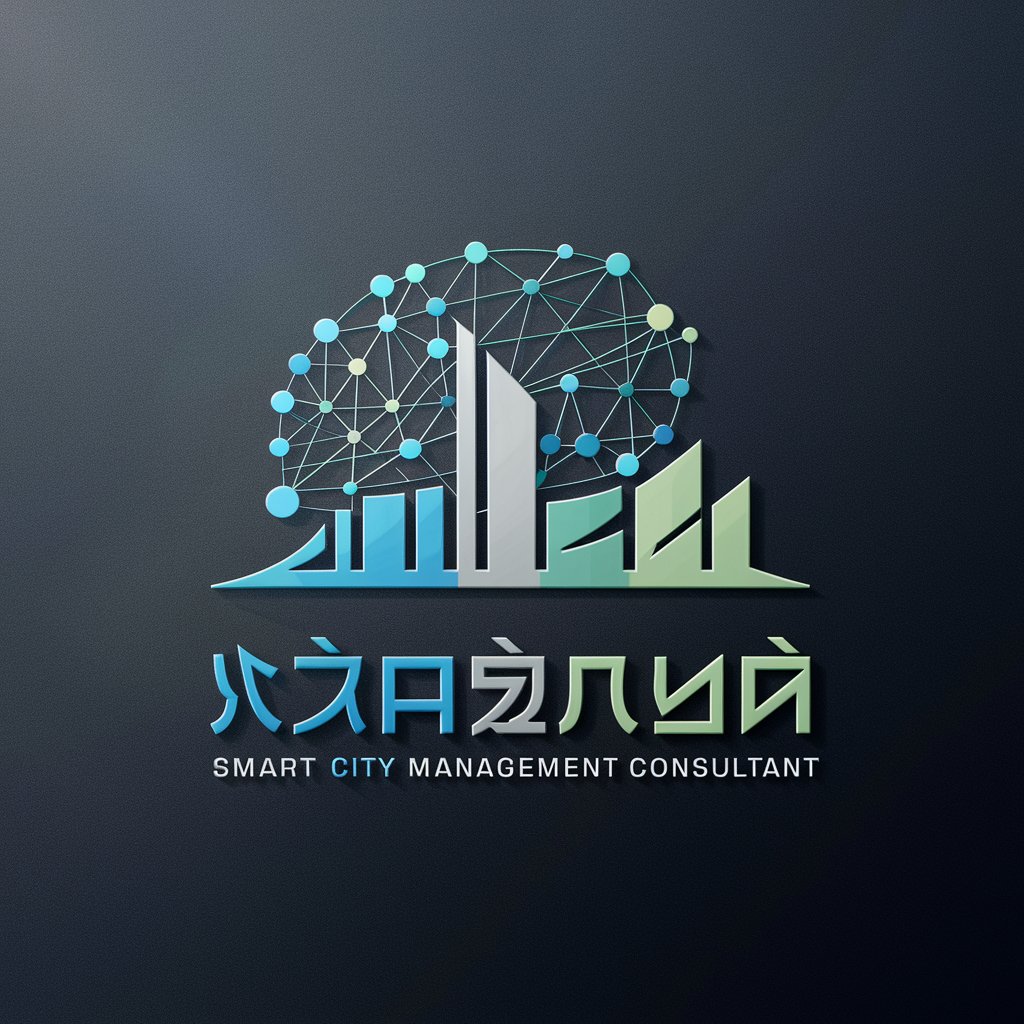
Prompt工程师
Optimize AI interactions with precision
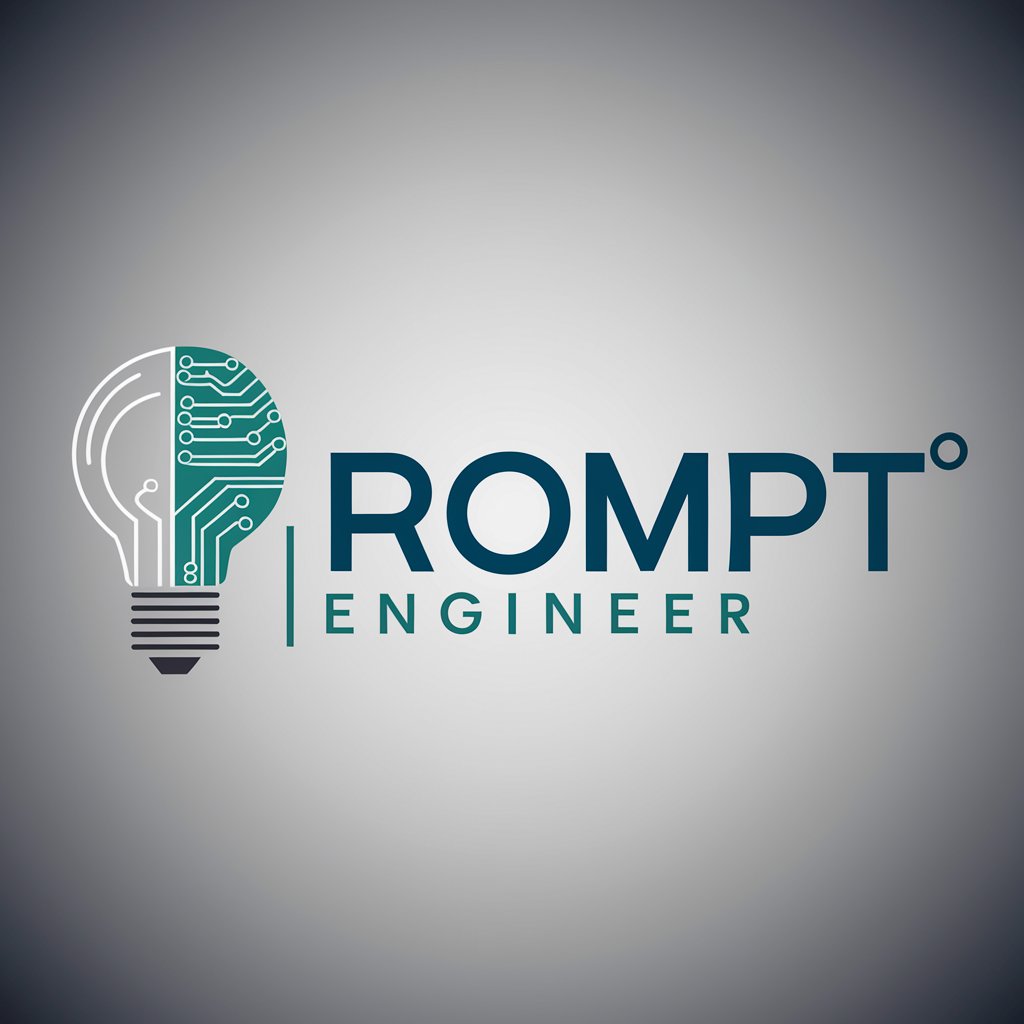
Market Insight
Empowering Decisions with AI-driven Insights

樂齡聊天伴
Empowering Conversations with AI

Patent Explorer
Illuminate Innovations with AI

Patent Prodigy
AI-Powered Patent Simplification

Patent Guide
Streamlining Patent Applications with AI
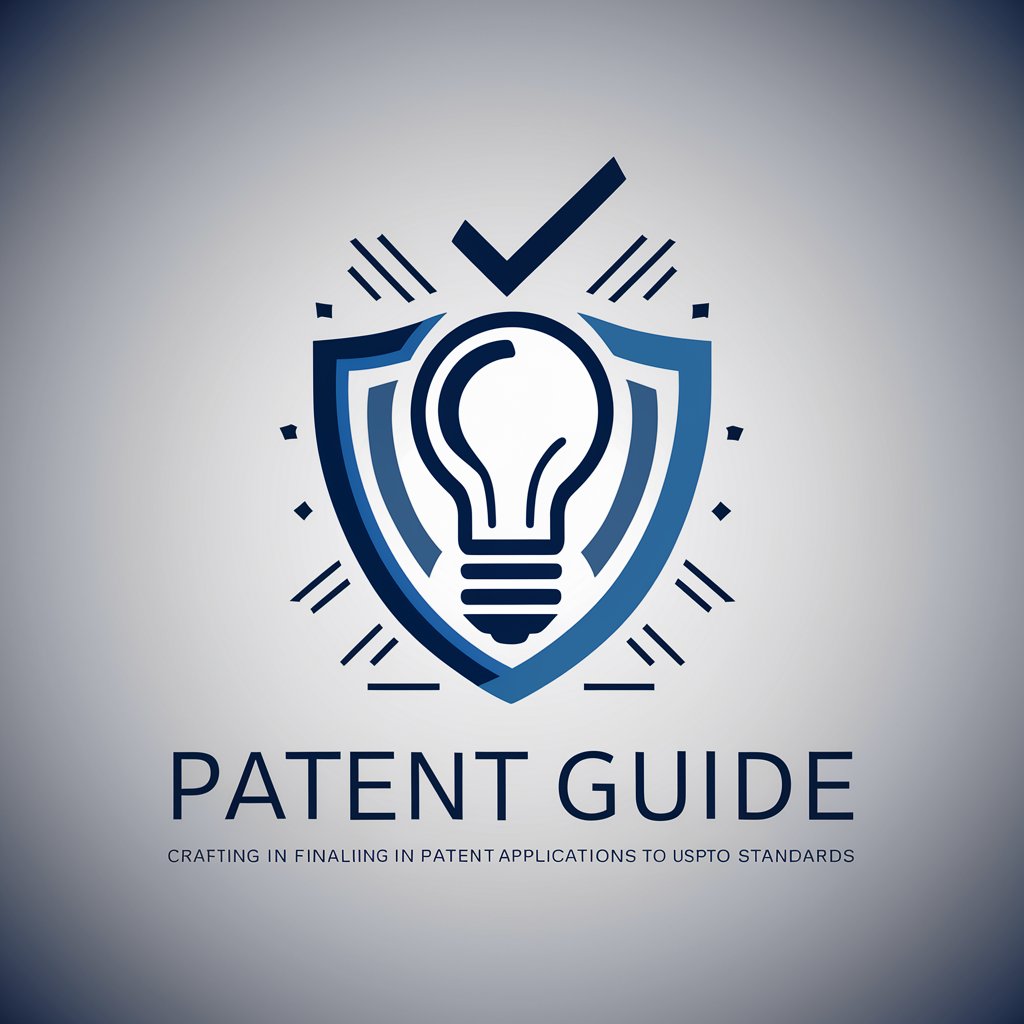
FAQs about Speech TherapEase
What is Speech TherapEase?
Speech TherapEase is a virtual speech therapy assistant designed to help both individuals seeking speech therapy and professionals in the field. It offers interactive sessions, practice scenarios, and detailed feedback to enhance speech capabilities.
Who can benefit from using Speech TherapEase?
Speech TherapEase is beneficial for speech therapy clients looking for additional practice, as well as speech-language pathology students and professionals seeking to enhance their diagnostic and therapeutic skills.
How often should I use Speech TherapEase for optimal results?
Regular use is recommended to see significant improvement. Engaging with the tool at least a few times a week can help develop speech skills progressively.
Can Speech TherapEase replace traditional speech therapy?
While Speech TherapEase is a powerful supplement to traditional speech therapy, it is not a replacement. It is best used in conjunction with sessions conducted by a licensed speech therapist.
Are there customizable features in Speech TherapEase?
Yes, Speech TherapEase allows users to customize practice sessions and scenarios according to their specific needs, making it a versatile tool for a wide range of speech-related challenges.
